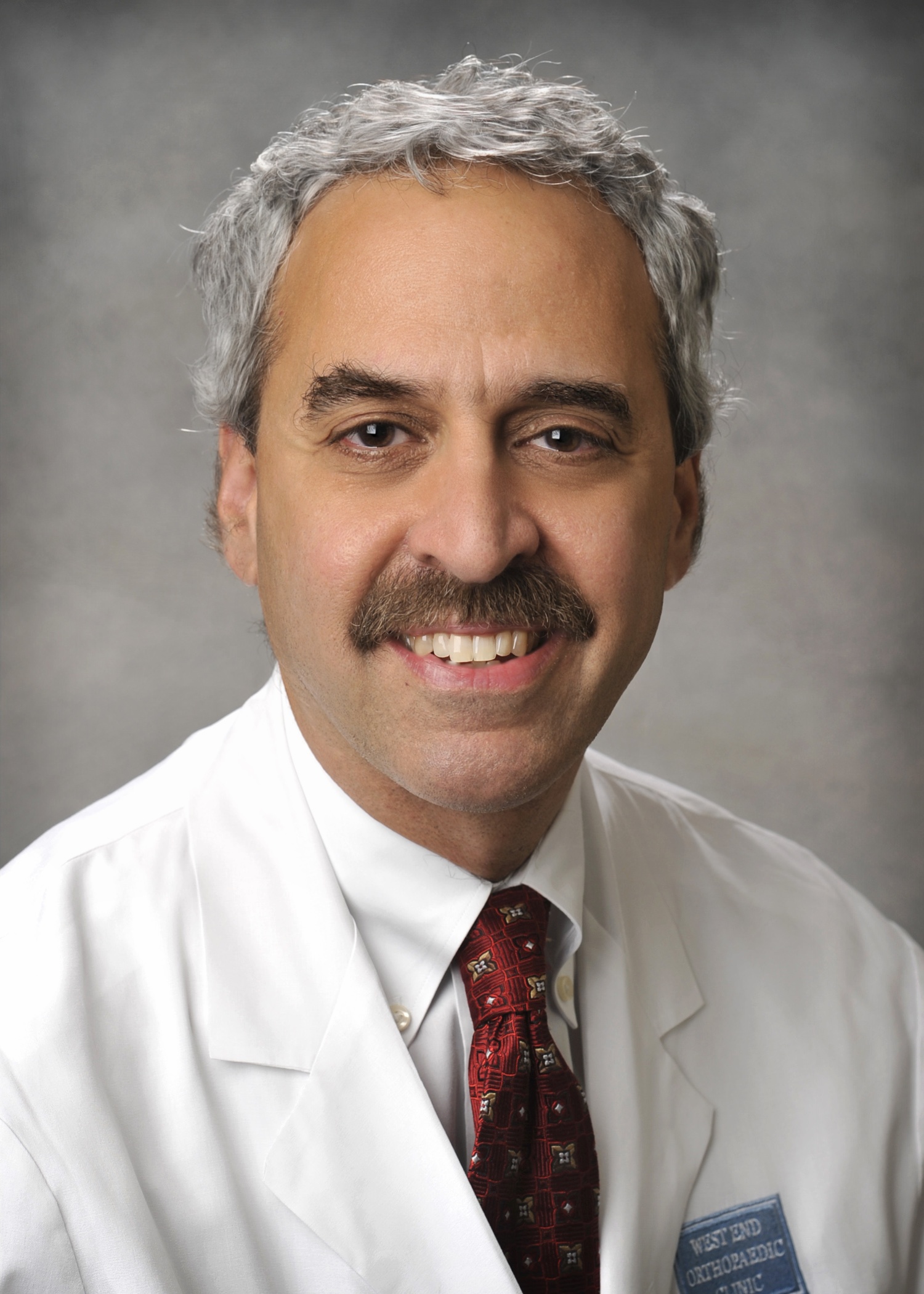 As of Jan. 1, 2016, OrthoVirginia and The Orthopaedic Center of Central Virginia merged. OrthoVirginia now includes more than100 physicians and 21 office locations.
As of Jan. 1, 2016, OrthoVirginia and The Orthopaedic Center of Central Virginia merged. OrthoVirginia now includes more than100 physicians and 21 office locations.
"We hope that through integration we can provide more efficient, higher quality care," says Anthony Shaia, MD, president of OrthoVirginia's board of directors. "Much of the administrative burden physicians feel from meaningful use, PQRS and other regulations are really quite consuming. But with a large practice we can spread the cost around more effectively. We really think the era of every physician on an island practicing the way he thinks best is behind us and we're heading toward more standardized care."
OrthoVirginia has been growing over the past several years and it took a considerable time for all the specialists to decide on standardized care. Each different group comes with their own leadership and management styles as well as ideas about treating patients. But, OrthoVirginia became involved in the BPCI program for bundled pricing with Medicare and the program helped the surgeons develop quality standards that also cut costs.
"The sports medicine physicians are now meeting on the statewide level to look at outcomes and putting together the processes to identify procedures or techniques that are most effective," says Dr. Shaia. "We have begun to look at the way we care for patients, what we do for them in postoperative care as well, and develop protocols to spread to other physicians. Sports medicine and total joints are our first areas of focus."
Most of the surgeons are enthusiastic about contributing to the efforts, but debating and solidifying care standards takes considerable energy and time. Surgeons who have practiced one way for decades are slow to change, despite the evidence, and many are nervous about the consequences of change.
"We are very comfortable with what we've done in the past and whenever a complication occurs we think it may be the result of the change," says Dr. Shaia. "But the important thing is to change for a good reason and based on evidence that shows change is better. That's the way we grow and become a better team long-term."
The next step in the process is considering costs; OrthoVirginia worked with Signature Healthcare to participate in the Medicare Bundles Price Program for hip and knee replacement surgery. Practices with enough volume may be able to participate directly, but a partner can provide valuable services as the healthcare environment evolves.
"There are a lot of procedures and policies and Medicare rule changes," says Dr. Shaia. "The rules could change three or six months after you join the program. It's a learning process. But if you have a good partner, there is tremendous opportunity for you to learn about your patients and objectively see how your surgeons are doing. You can track complications and readmissions to ultimately deliver better care."
Dr. Shaia and his colleagues hope to move toward more risk contracting in the future.. Eventually, the practice hopes to cater to large employers looking for cost-effective and quality care.
"The biggest change for physicians has been taking up more responsibility for the total care package, whether it's for bundled pricing or at risk contracts," says Dr. Shaia. "Physicians are now managing the whole episode of care. In our practice, we have begun to incorporate more non-operative physicians as well to manage a wider spectrum of patients."
The OrthoVirginia surgeons practice from separate locations across the state, but communicate with each other on diagnosis and treatment methodology to reduce complications and variation in care. They can also save on malpractice insurance, supply purchase and business office functions when purchasing as a large group.
"Independent physicians can't afford to purchase the equipment they need to succeed in data reporting," says Dr. Shaia. "They can't afford the manpower to become compliant with meaningful use or PQRS, or the updated EMR. That leaves physicians with the choice of selling their practice to the hospital, which isn't desirable, or partnering with other physicians. Our model allows us to help small practices in rural areas stay current and independent."
The practice is currently integrating three totally distinct information systems and will eventually have one system for the single large group. OrthoVirginia will be ready to roll out Epic implementation in 2017, but without the merger implementing a system as sophisticated as Epic wouldn't have been possible.
"We are looking at connecting 100 physicians in the state," says Dr. Shaia. "We wouldn't have taken on that task in the past, but in order to spread the fixed cost, we need to connect everyone. Then we'll also have a chance to monitor the practice across the state in real-time. We've been tremendously independent in the past and that has been good for us. Now the environment says we have to work together to become successful in the future."


